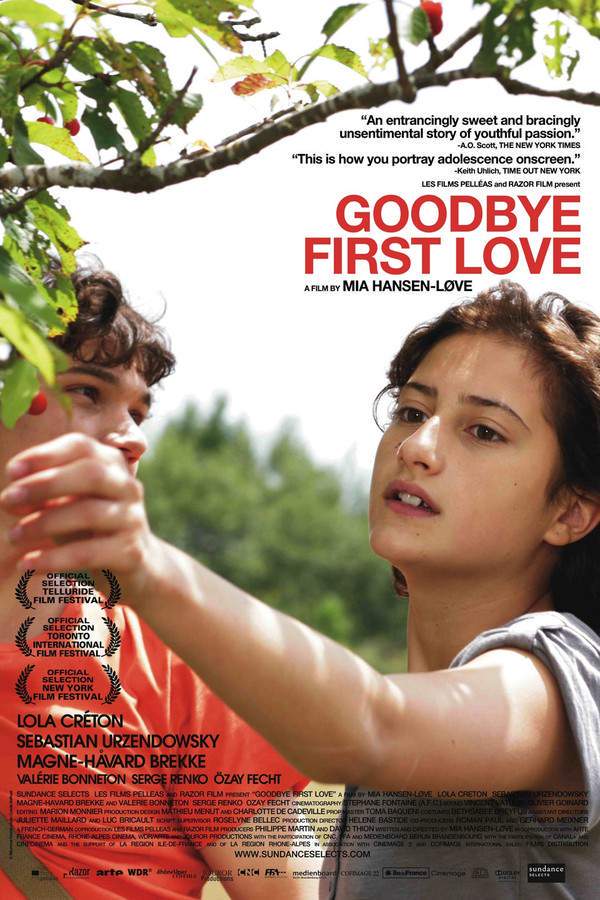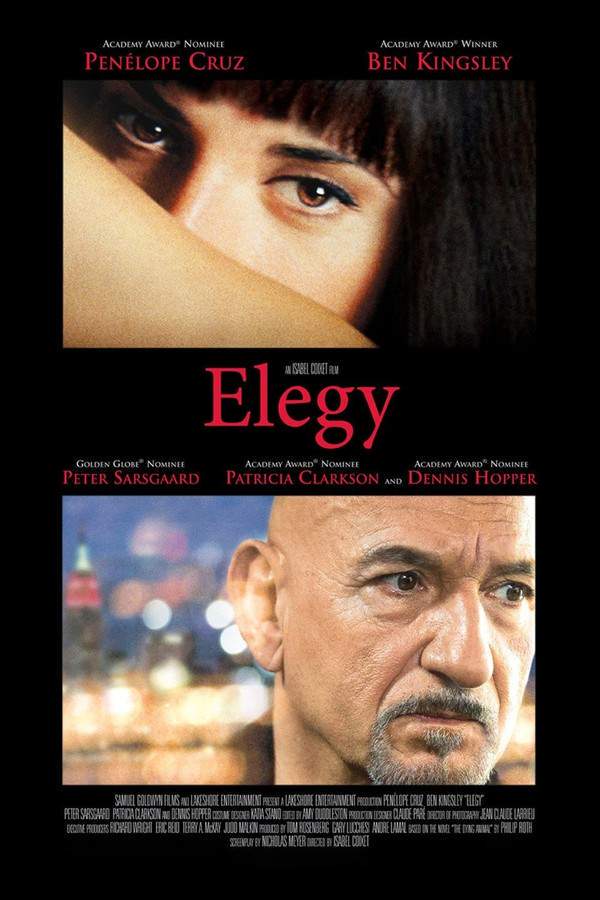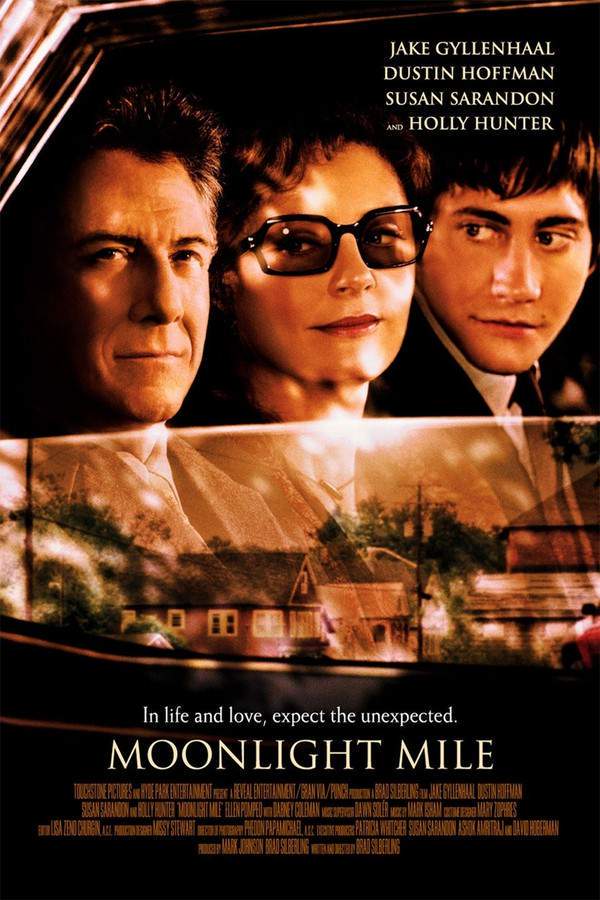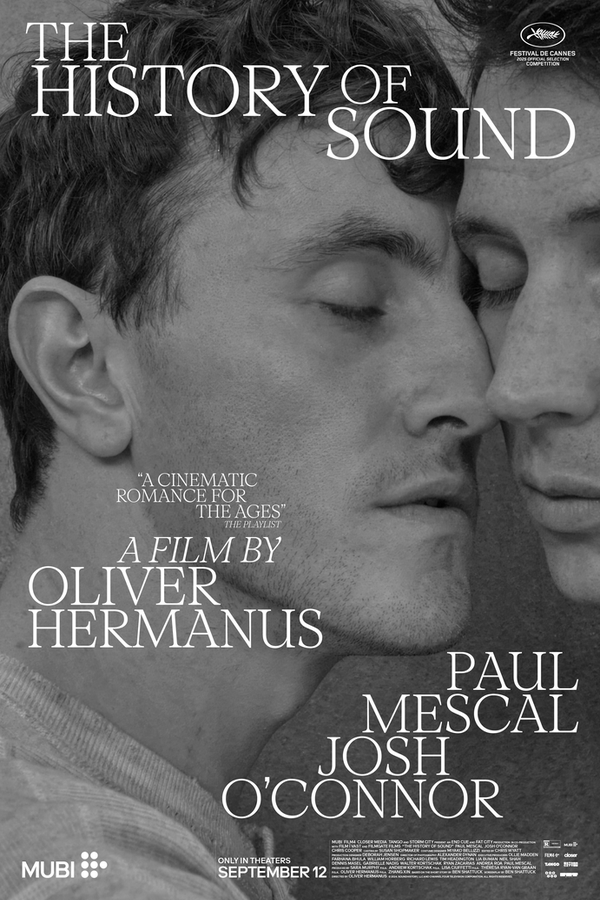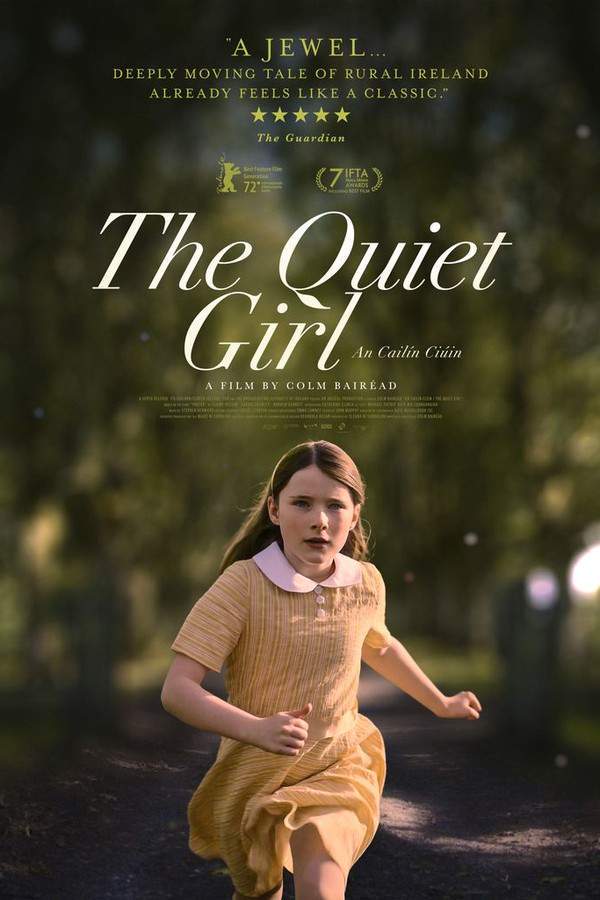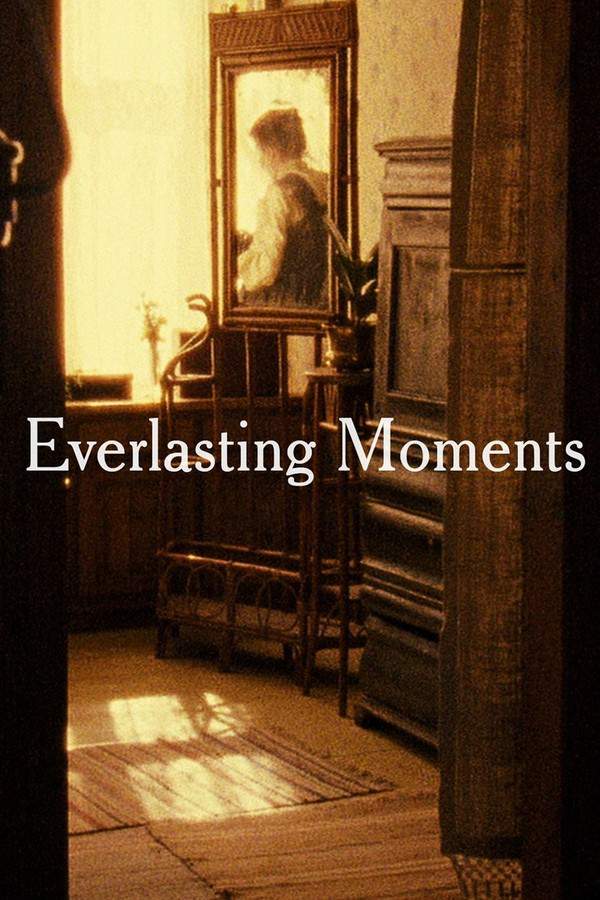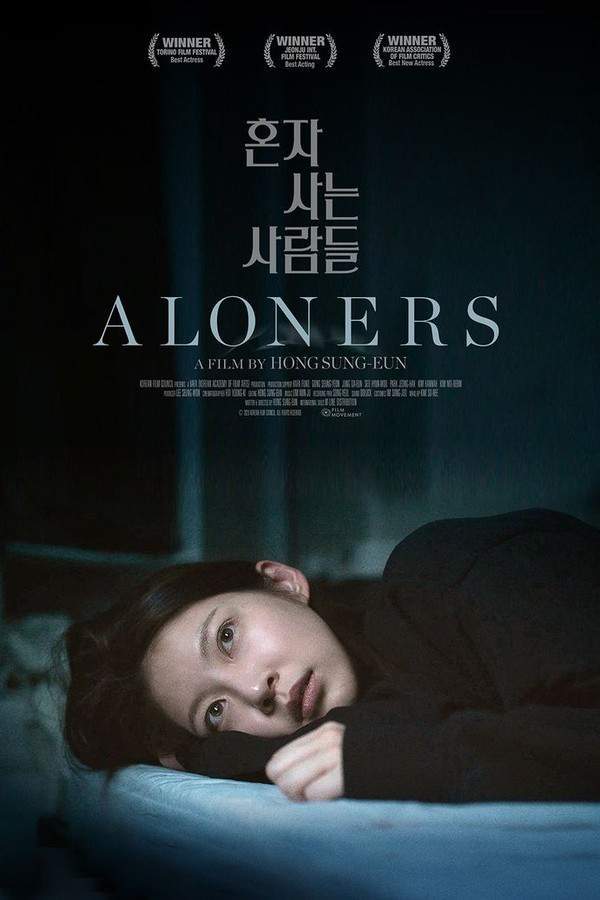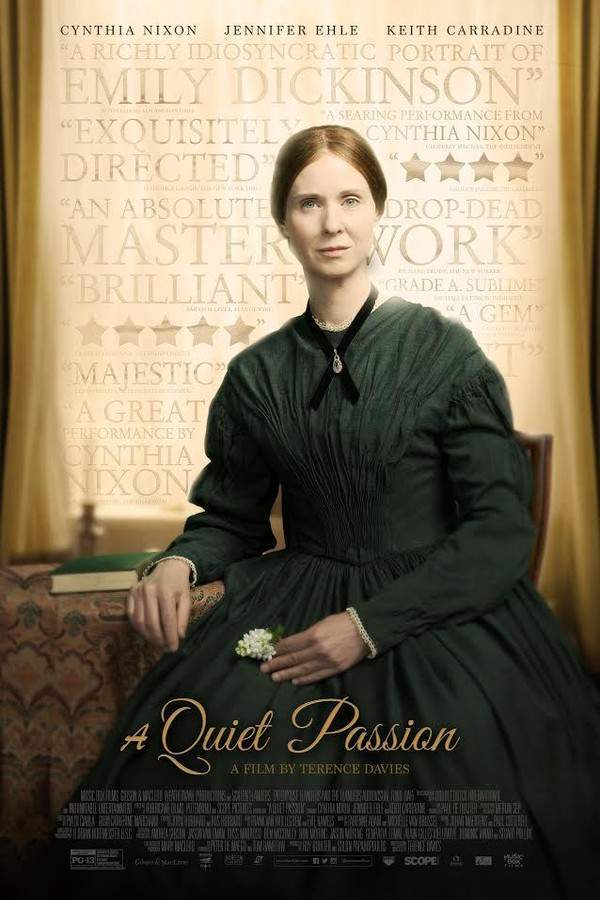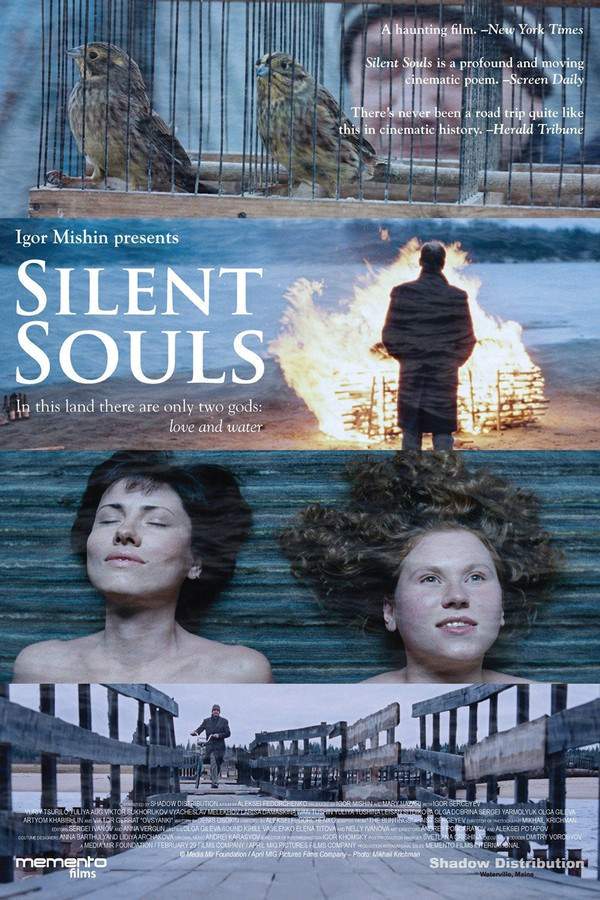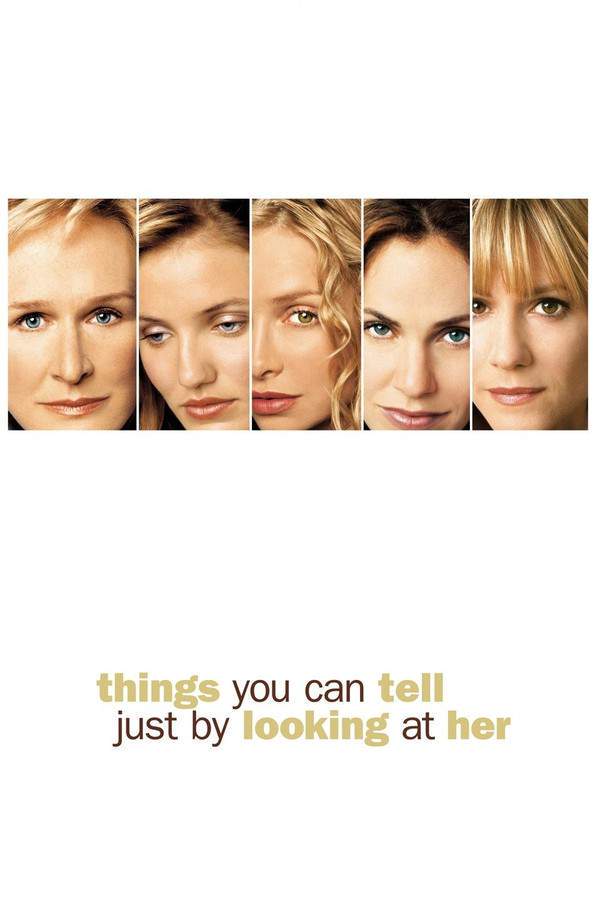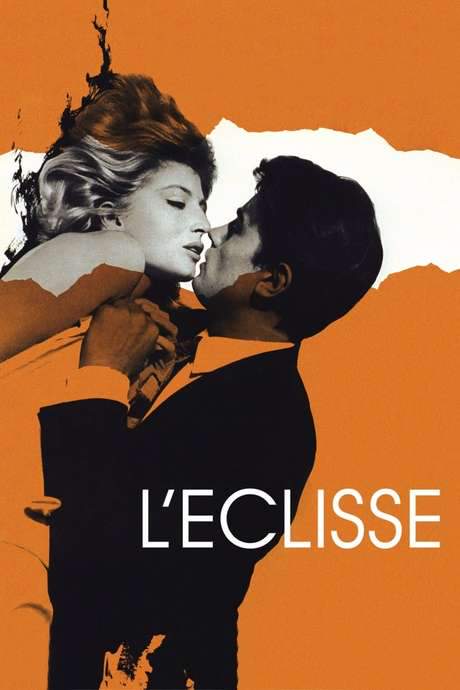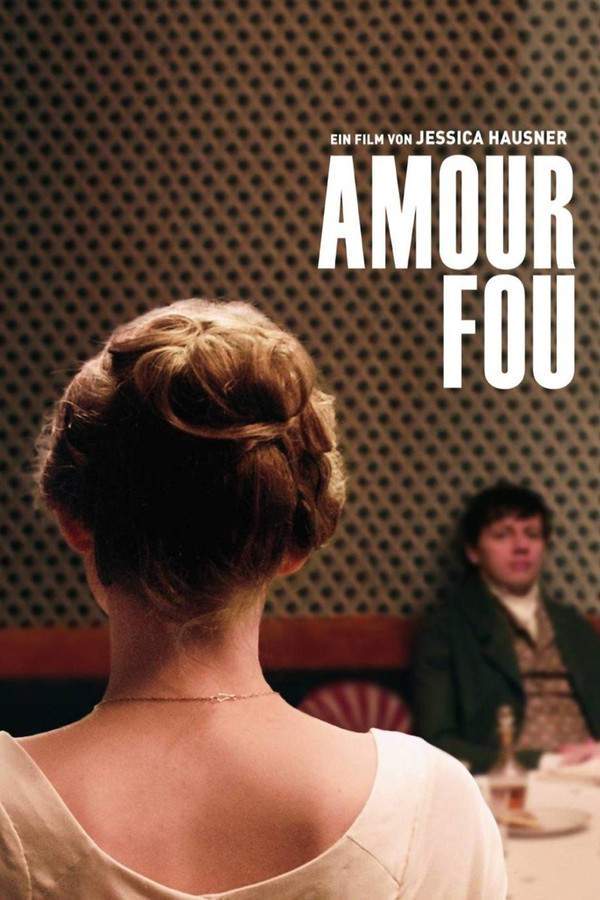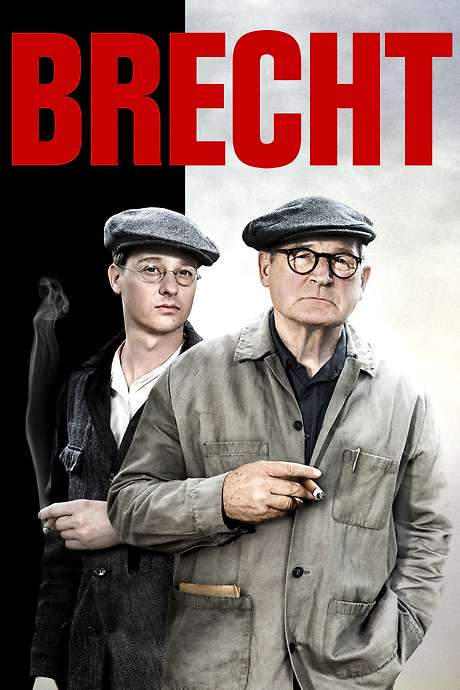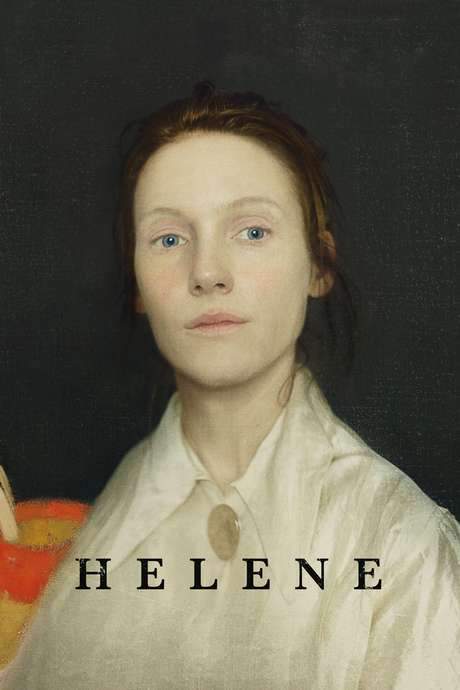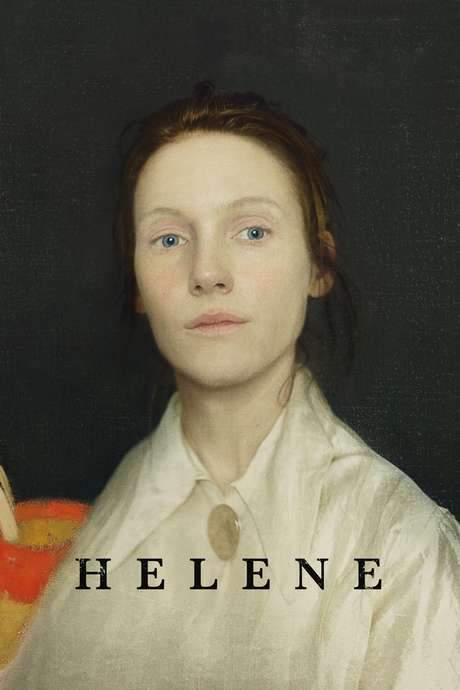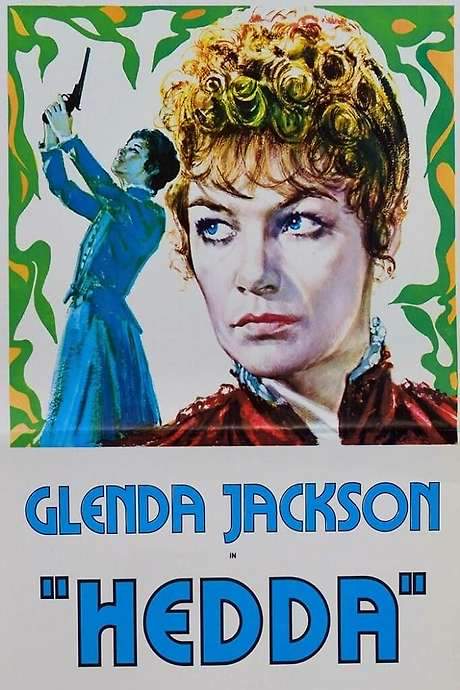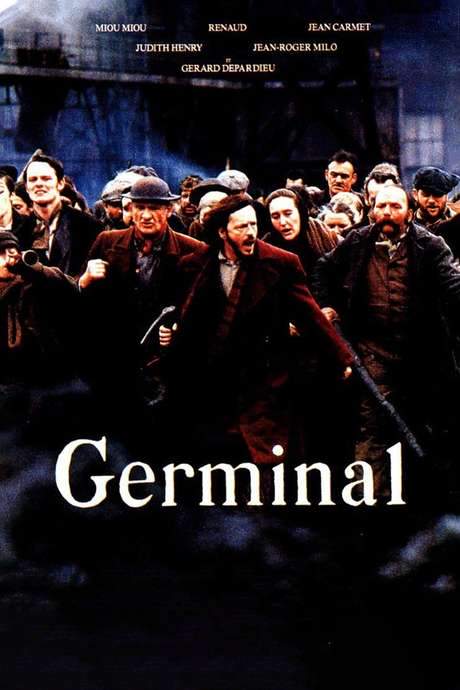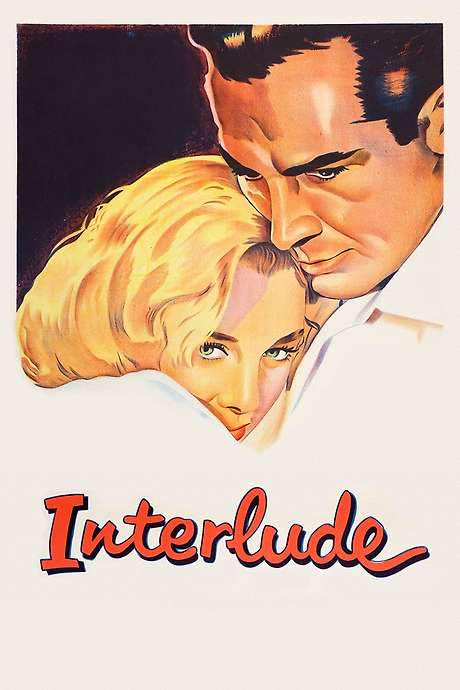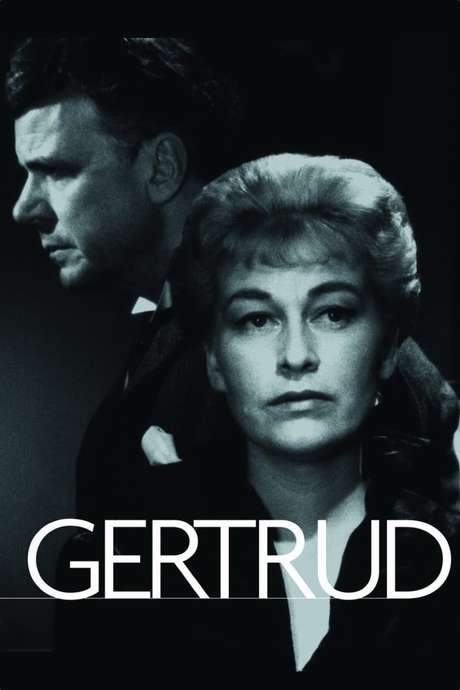
Gertrud
Year: 1964
Runtime: 119 mins
Language: Danish
Director: Carl Theodor Dreyer
Gertrud, a hopeless romantic in a turn‑of‑the‑century artistic world, pursues an ideal love that always evades her. She abandons her distinguished husband for a young concert pianist, whose affection proves insufficient. When an old lover returns, fresh disappointments compel her to face reality.
Warning: spoilers below!
Haven’t seen Gertrud yet? This summary contains major spoilers. Bookmark the page, watch the movie, and come back for the full breakdown. If you're ready, scroll on and relive the story!
Timeline & Setting – Gertrud (1964)
Explore the full timeline and setting of Gertrud (1964). Follow every major event in chronological order and see how the environment shapes the story, characters, and dramatic tension.
Last Updated: October 04, 2025 at 16:43
Main Characters – Gertrud (1964)
Meet the key characters of Gertrud (1964), with detailed profiles, motivations, and roles in the plot. Understand their emotional journeys and what they reveal about the film’s deeper themes.
Last Updated: October 04, 2025 at 16:43
Major Themes – Gertrud (1964)
Explore the central themes of Gertrud (1964), from psychological, social, and emotional dimensions to philosophical messages. Understand what the film is really saying beneath the surface.
Last Updated: October 04, 2025 at 16:43
Explore Movie Threads
Discover curated groups of movies connected by mood, themes, and story style. Browse collections built around emotion, atmosphere, and narrative focus to easily find films that match what you feel like watching right now.
Movies about disillusioned romantics like Gertrud
Stories of characters whose pursuit of perfect love ends in quiet resignation.Explore films similar to Gertrud that follow characters on a quest for an ideal love that proves unattainable. If you liked the themes of romantic disillusionment and female independence in Gertrud, you'll find more stories here about the bittersweet acceptance of life's emotional compromises.
Narrative Summary
Narratives in this thread typically follow a protagonist who leaves a stable but unfulfilling life in search of a transcendent romantic connection. The central conflict is internal, pitting their idealism against the imperfections of their lovers and the world. The arc concludes not with a traditional happy ending, but with a sobering, often lonely, self-awareness.
Why These Movies?
These films are grouped by their shared focus on the theme of romantic idealism clashing with reality. They possess a melancholic tone, deliberate pacing, and a heavy emotional weight, creating a consistent vibe of thoughtful sadness and resigned wisdom.
Quiet melancholic dramas with independent women like Gertrud
Atmospheric dramas about women finding autonomy through solitude and reflection.Find movies like Gertrud that share a slow, atmospheric pace and a focus on a woman's introspective journey. If you appreciated the reflective mood and themes of female autonomy in Gertrud, this collection features similar stories of quiet strength and poignant solitude.
Narrative Summary
The narrative pattern revolves around a woman reevaluating her life and relationships, leading to a break from societal or romantic expectations. The plot is driven by conversations and moments of silence rather than action, building toward an ending that affirms her independence but acknowledges the accompanying loneliness. The journey is internal and philosophical.
Why These Movies?
These movies are united by a specific mood mix: a slow, quiet pace, a melancholic and atmospheric tone, and a central narrative about a woman's philosophical search for meaning beyond conventional love. The experience is consistently contemplative and emotionally resonant.
Unlock the Full Story of Gertrud
Don't stop at just watching — explore Gertrud in full detail. From the complete plot summary and scene-by-scene timeline to character breakdowns, thematic analysis, and a deep dive into the ending — every page helps you truly understand what Gertrud is all about. Plus, discover what's next after the movie.
Gertrud Summary
Read a complete plot summary of Gertrud, including all key story points, character arcs, and turning points. This in-depth recap is ideal for understanding the narrative structure or reviewing what happened in the movie.

Gertrud Timeline
Track the full timeline of Gertrud with every major event arranged chronologically. Perfect for decoding non-linear storytelling, flashbacks, or parallel narratives with a clear scene-by-scene breakdown.

Gertrud Spoiler-Free Summary
Get a quick, spoiler-free overview of Gertrud that covers the main plot points and key details without revealing any major twists or spoilers. Perfect for those who want to know what to expect before diving in.

More About Gertrud
Visit What's After the Movie to explore more about Gertrud: box office results, cast and crew info, production details, post-credit scenes, and external links — all in one place for movie fans and researchers.

Similar Movies to Gertrud
Discover movies like Gertrud that share similar genres, themes, and storytelling elements. Whether you’re drawn to the atmosphere, character arcs, or plot structure, these curated recommendations will help you explore more films you’ll love.
Explore More About Movie Gertrud
Gertrud (1964) Plot Summary & Movie Recap
Gertrud (1964) Scene-by-Scene Movie Timeline
Gertrud (1964) Spoiler-Free Summary & Key Flow
Movies Like Gertrud – Similar Titles You’ll Enjoy
Amour Fou (2015) Spoiler-Packed Plot Recap
Brecht (1000) Full Movie Breakdown
Hedda Gabler (1981) Full Movie Breakdown
Veronika Voss (1982) Spoiler-Packed Plot Recap
Helene (2020) Plot Summary & Ending Explained
Luise (2023) Complete Plot Breakdown
Helene (2020) Spoiler-Packed Plot Recap
Hedda (1975) Complete Plot Breakdown
Germinal (1993) Ending Explained & Film Insights
Adelheid (1970) Plot Summary & Ending Explained
Interlude (1957) Spoiler-Packed Plot Recap
Hilde (2009) Movie Recap & Themes
Hedda Gabler (1962) Plot Summary & Ending Explained
Woman Without a Face (1947) Movie Recap & Themes
Hedda Gabler (1993) Plot Summary & Ending Explained

